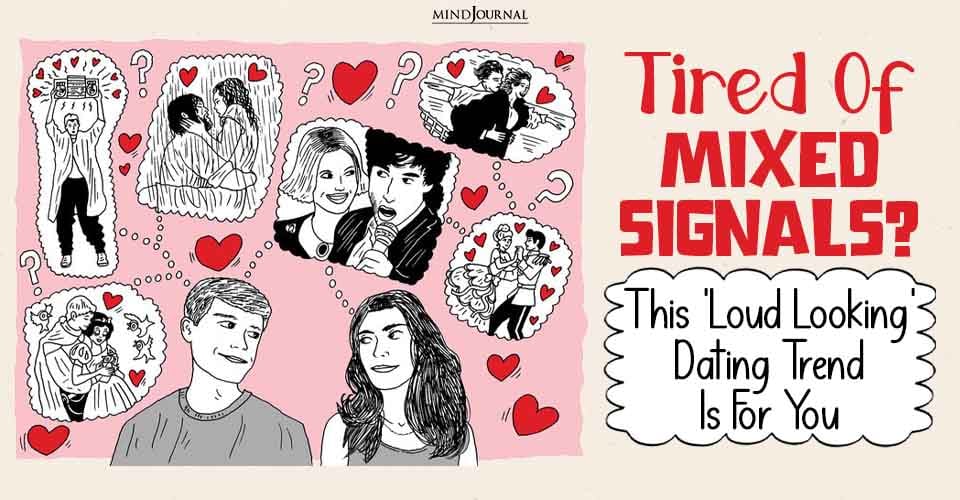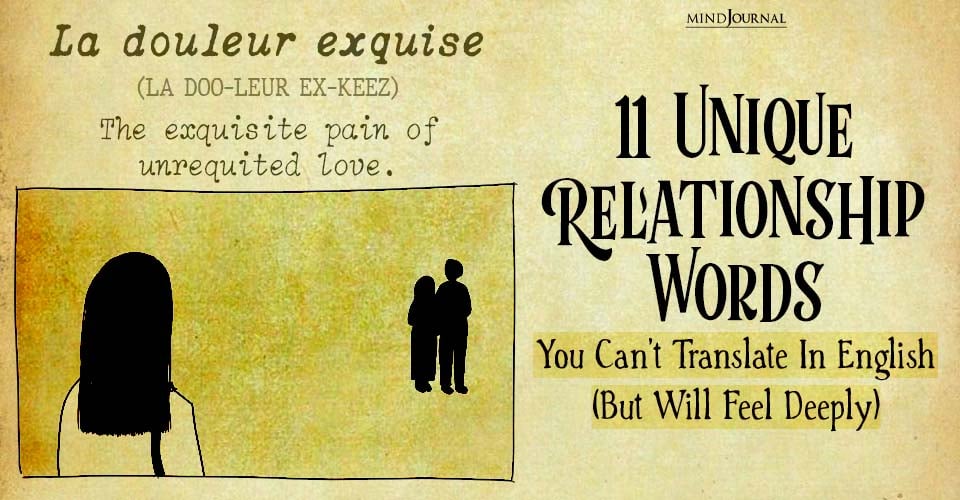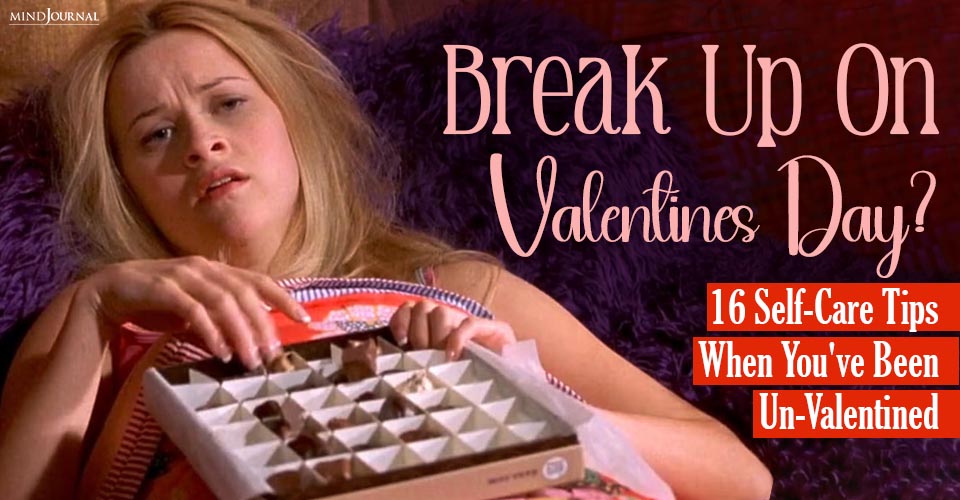For most of us, it’s difficult to understand the difference between being in love and loving someone. Being in love can be a result of obsession and infatuation; you desire to be with them all the time. But when it comes to loving someone, you want them to be happy, whether you are with them or not.
We are never taught about being in love growing up. It’s mind-blowing that we receive zero formalized training around arguably the most significant area of our entire lives.
One of the things that many of my clients have asked me about over the past several years is how to know whether or not they’re in the kind of love that leads to a long-term emotionally fulfilling relationship.
More specifically, they want to know if they’re in love with their partner (and the emotional honeymoon will soon fade away) or if they actually love them, in a way that will last.
Related: 5 Certain Signs of Being in Love (according to psychology)
‘Is It Real Love Or Am I Just In Love?’
I had a client come to me last year with a question that I’ve been asked in many various forms before.
“I’ve been dating this guy for the past four months, and I feel really good about him. We have a lot of compatibility in a lot of different areas. He feels like he’s fast becoming my best friend (in a good way), we have amazing conversations, and we both find each other sexually attractive.
Since we just rounded the four-month mark in our relationship, I know that the initial chemical high of our early romantic attachment is starting to wear off, and we’re settling into something different.
So my question is… what should I be looking for in this new phase of our relationship that signals our long-term compatibility? After the big dopamine flood of how most relationships start… how do I know if this is the real thing? What signals can I notice in my body, my behavior, or our interactions that signal our long-term compatibility?
Put simply, we have already been ‘in love’… now, what does the emerging, authentic act of ‘loving’ look like?”
(Side note: we worked together, I helped her navigate the tricky emotions, and they’re now one of my most happily married clients! Yay! But I digress…)
You’ve likely been in a similar situation at some point in your personal journey.
Wouldn’t it be so much easier to be able to recognize the tried and true warning signs of long-lasting love? Well, you’re in luck. That’s what we’re going into right…….. now!
Here are the three biggest things you should be looking for in order to tell the difference between being in love and actually loving someone.
3 Differences Between Being In Love And Loving Someone
1. Wanting them vs. Wanting the absolute best for them.
When you’re in love with someone, and you’re being hit by wave after wave of all of the dizzyingly addictive happy brain chemicals, you sometimes feel dependent on their presence in order to feel extra-super-happy.
You want to be around them as much as possible. Your entire being lights up when you see them in your vicinity.
When you truly love someone, in a clean, unattached way, there is an overwhelming sense of wanting the absolute best for them.
If you are in partnership with them, it becomes part of your personal mission to help them to grow and expand to the greatest possible fullness of who they are.
And if you aren’t in a relationship with them (because you never were or because you no longer are) you still cheer them on from afar and want them to be as free and expansive as they can be.
True love is wanting the absolute best for someone, even if what is best for them is to not be in a relationship with you. True love wants them to soar, and not be weighed down by anything that doesn’t fully serve them. True love is unselfish. True love serves the person being loved on every level.
So if you find yourself thinking “I have never wanted better things for a person than I do for them… ever” then there’s a very good chance that you have a clean, authentic love for this person… and if you’re lucky enough for them to also want to be with you, then you have found something beautiful and resilient.
Related: Falling in Love and Loving Someone – What’s the difference
2. Peak and valley vs. Slow growth over time.
Does your love slowly grow with time or does it slowly fade away with time?
Research has shown that over a sixty-year period of time, ‘passionate love’ spikes in the first 6-12 months of a relationship and then peters off rapidly, whereas ‘companionate love’ only grows with time.
I wrote about this particular phenomenon in my article Kindling vs. Coal: How To Know If Your Relationship Will Last.
3. You fall out of love with them when the chemical rush is over / You never stop loving them and cheering them on whether you’re with them or not.
Put simply… your feelings of being in love either ends, or it doesn’t.
In order to have a long-term relationship work, you and your partner need to have physical, emotional, and intellectual compatibility.
If you have one or two out of the three, your intimate partnership will undoubtedly always feel like something is lacking or unfulfilling.
So if you find your love feelings fading away rapidly after you get spit out the other end of the initial infatuation phase, then you were probably only ‘in love.’
But if you feel a more grounded, resilient kind of love for them that will always be present for them, regardless of whether or not you are fighting, in the same room as each other, or even in a relationship with one another, then you’re more likely to be actually loving them.
Remember, true love doesn’t grasp. It doesn’t say “I will only love you if you are mine/if you ‘make’ me feel loved 100% of the time/if you act in this specific way that I need you to.”
True love liberates. It makes the person that you love more themselves than they’ve ever been. It helps them move towards their authentic selves and away from their masks, should-thinking, and compromising.
The first several months of a new relationship can feel like when a riptide takes you under during a surf session. The water tumbles you around for some unknown amount of time where you don’t know which direction is up, and then it eventually spits you out, gasping for air.
Once the infatuation phase is over, you can see with clearer eyes as to whether or not you want to continue on in the relationship.
I could write twenty dichotomies for you to chew on and journal about, but ultimately, you know it when you feel it. Your heart is currently and will forever be the foremost expert of what decision you need to make. So listen to it. It knows the answer to every question you have.
Dedicated to your success,
Jordan
Written by Jordan Gray Originally appeared in Jordan Gray Consulting












Leave a Reply